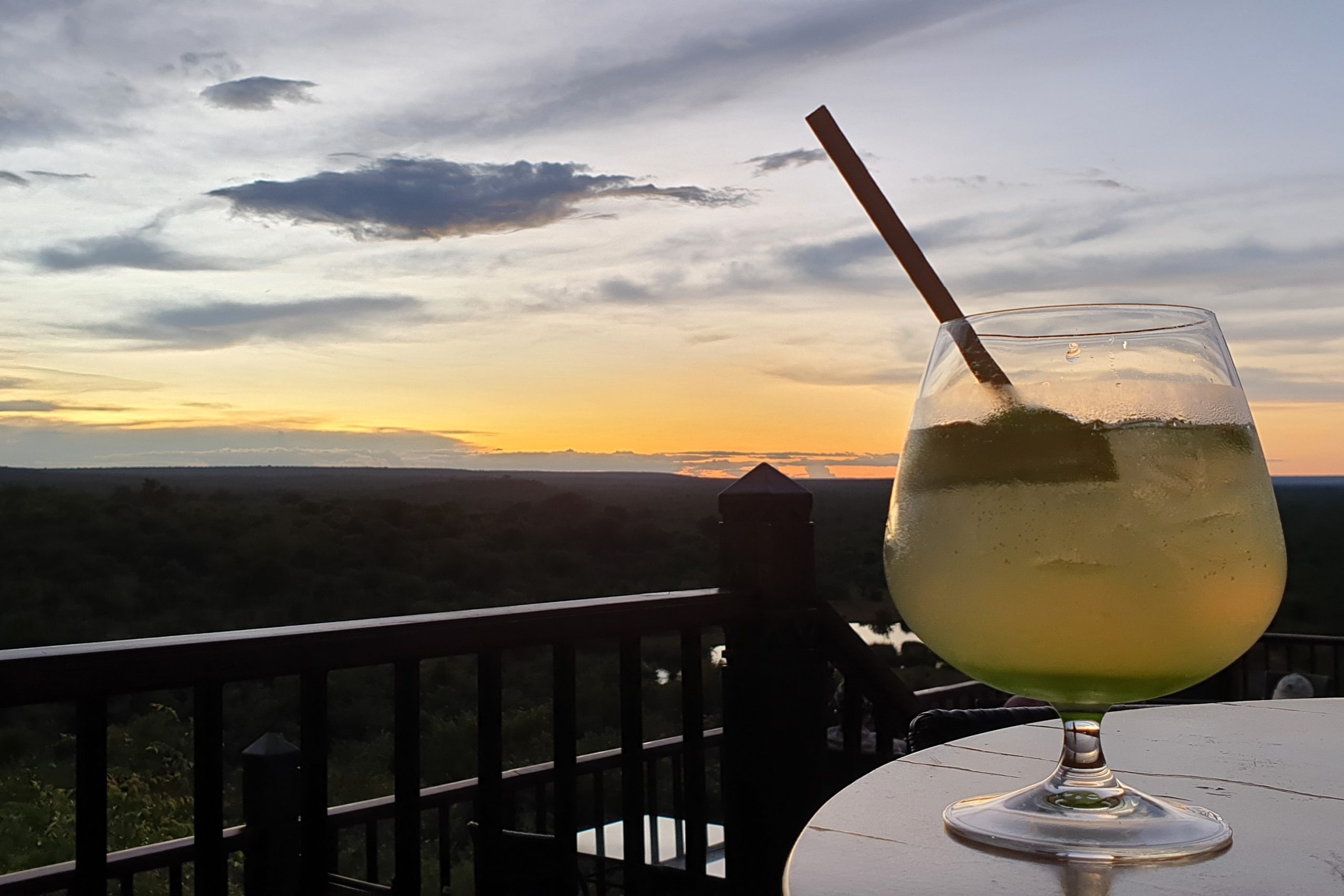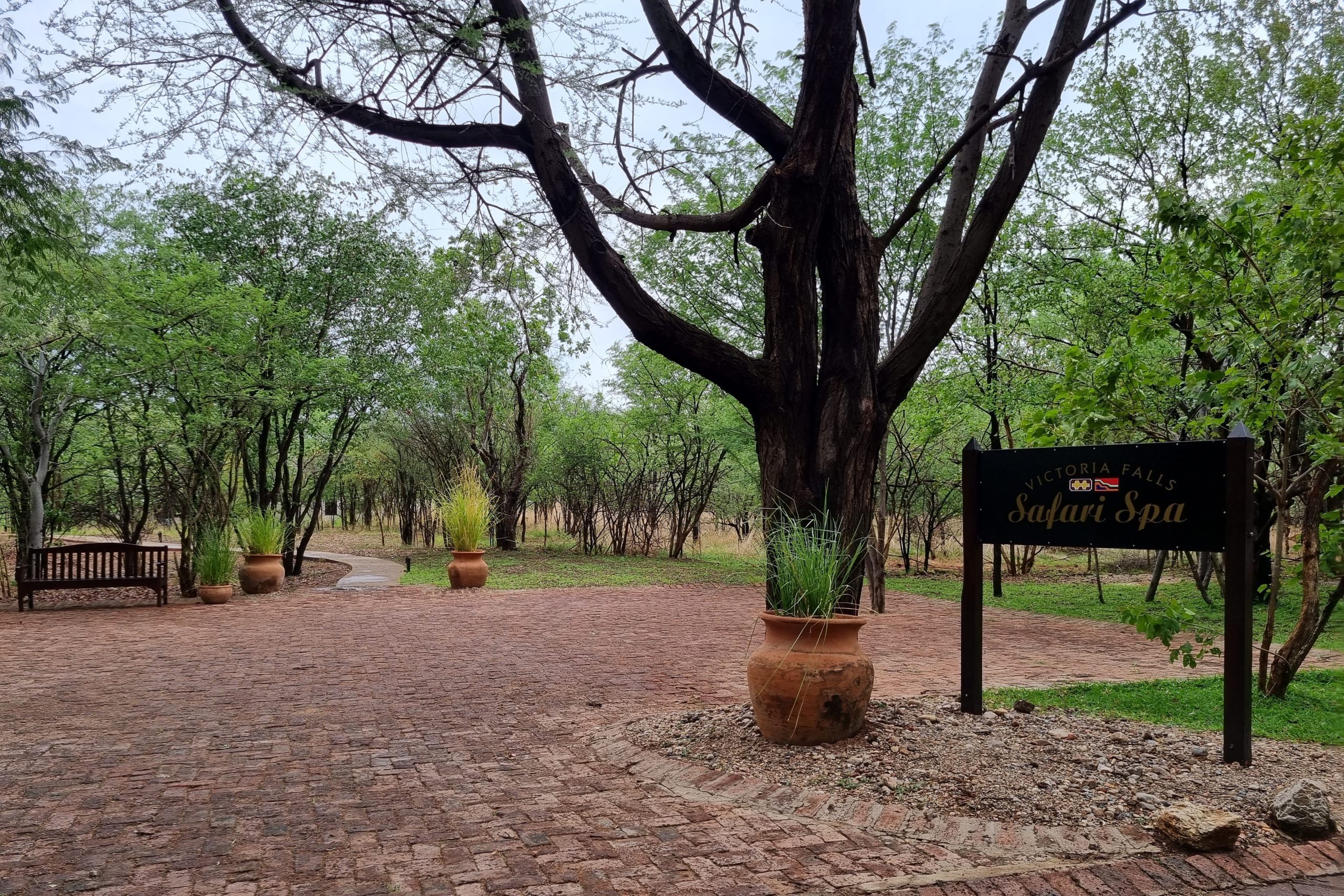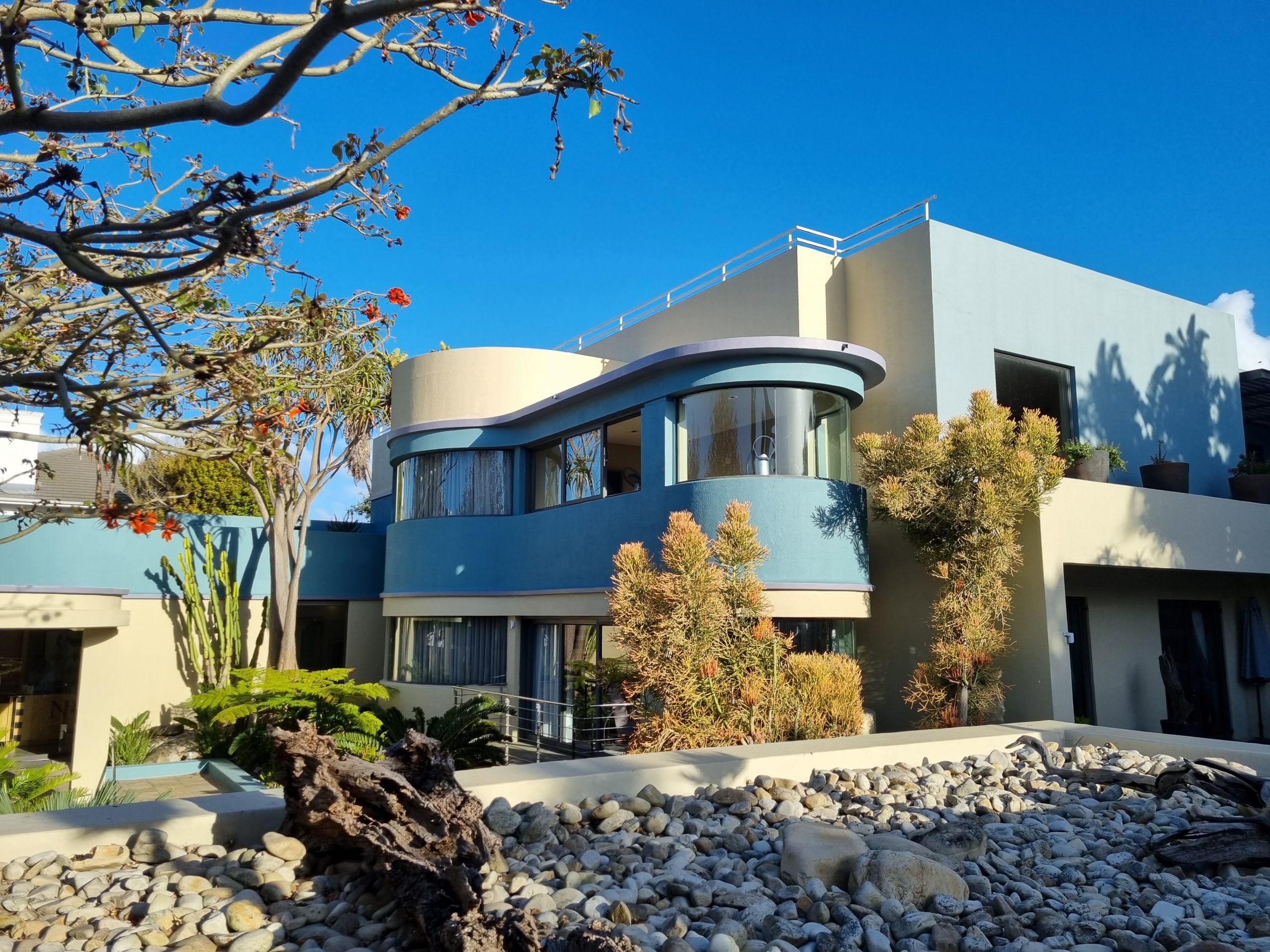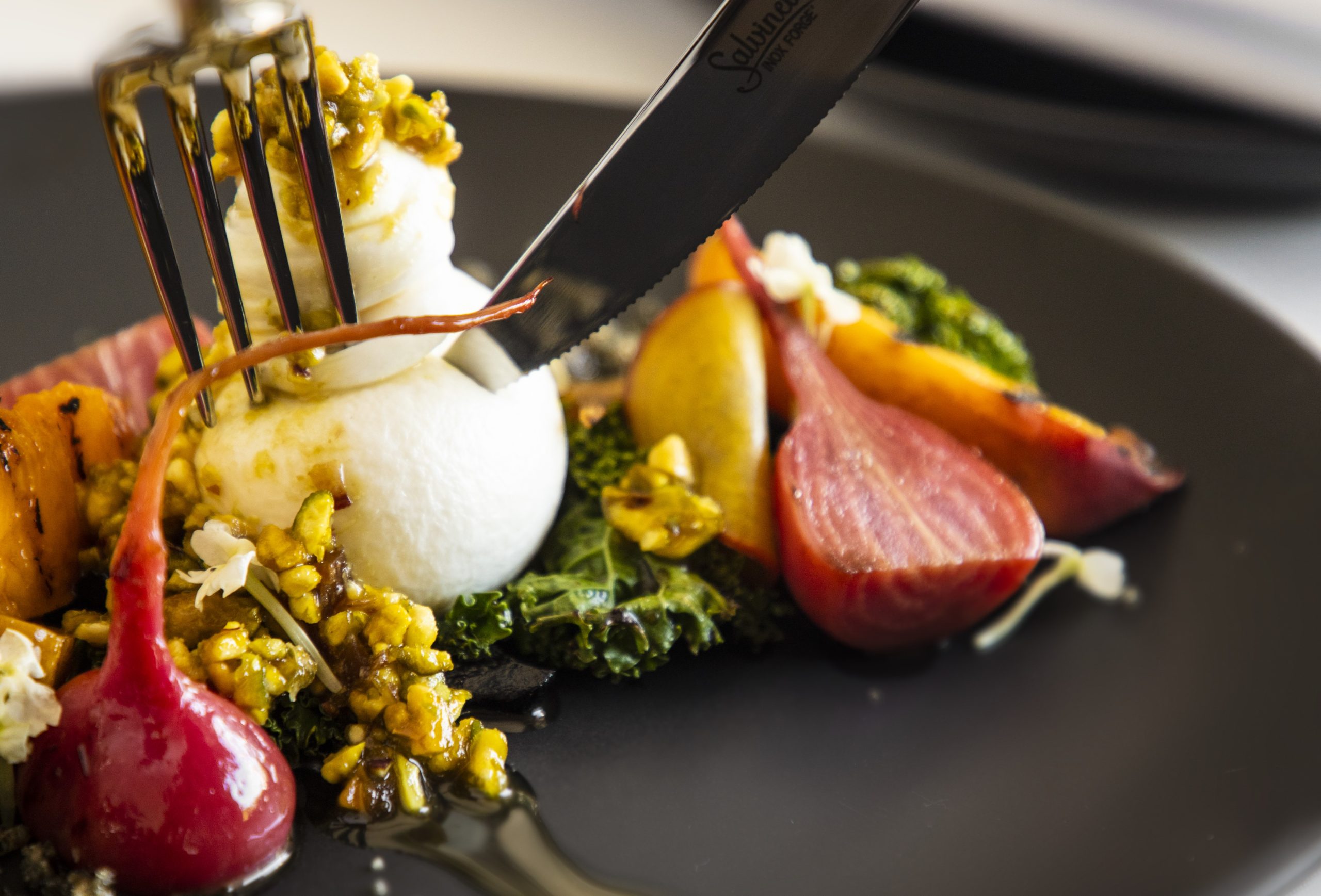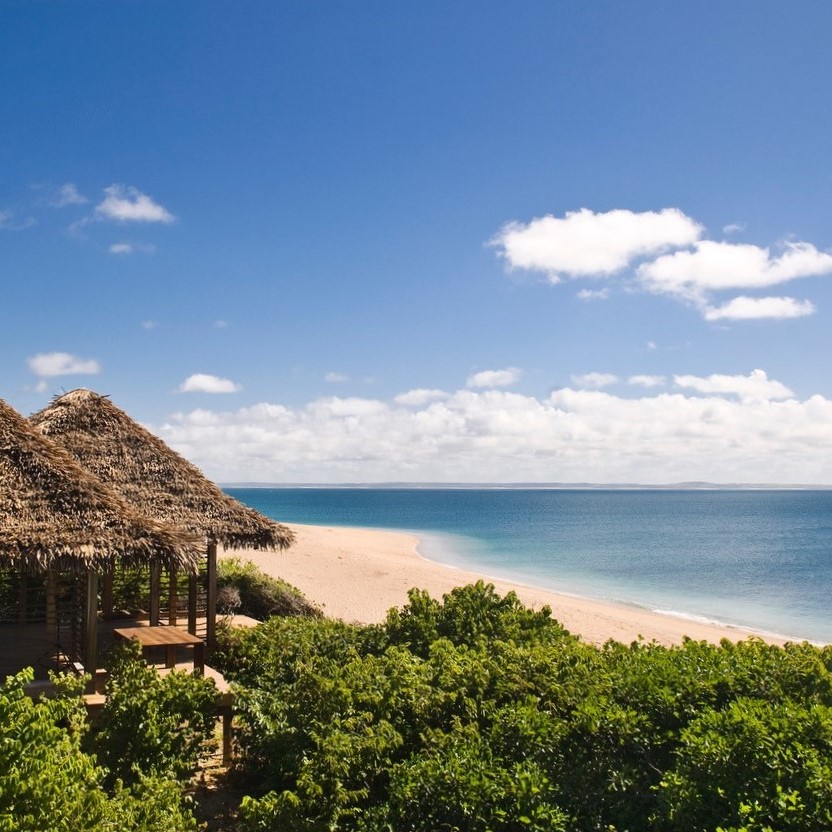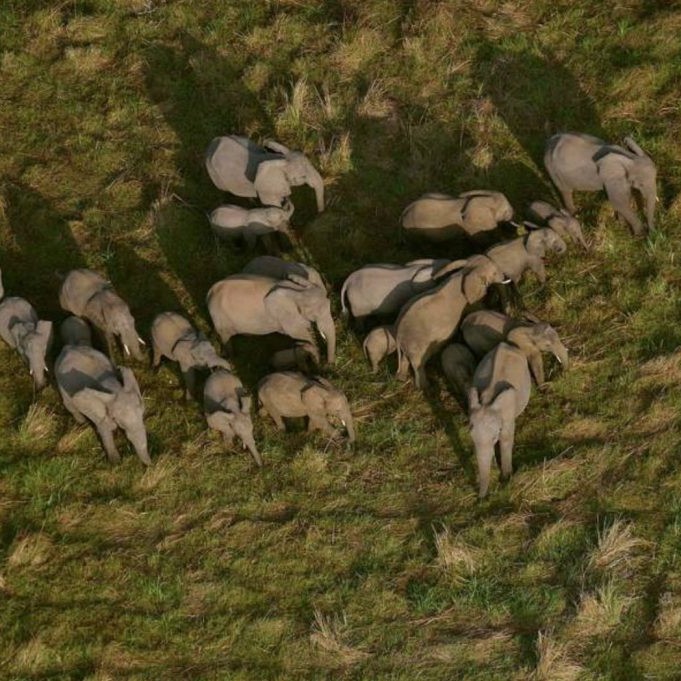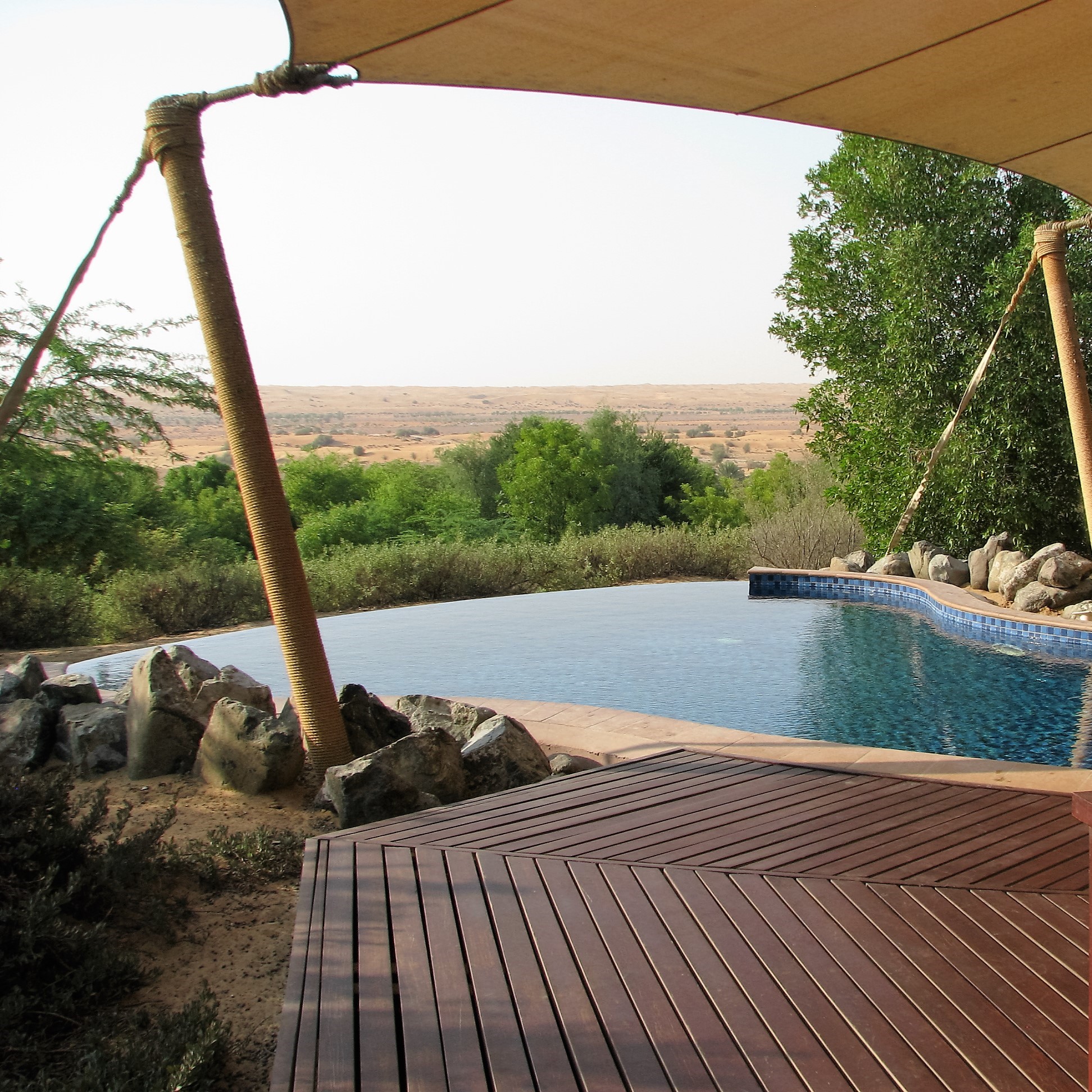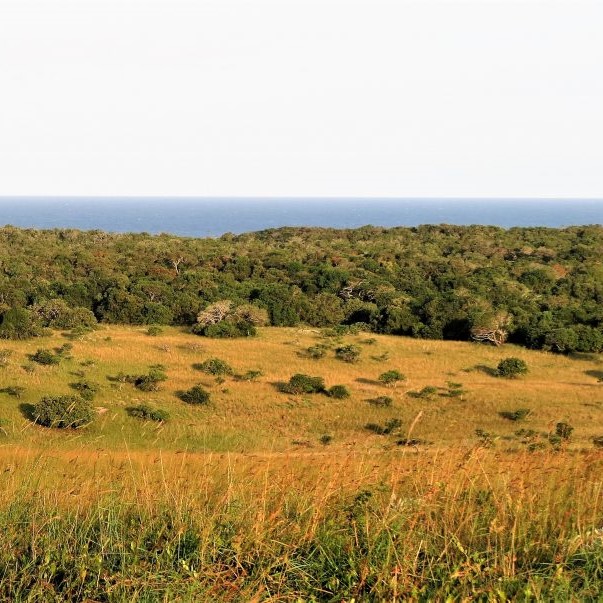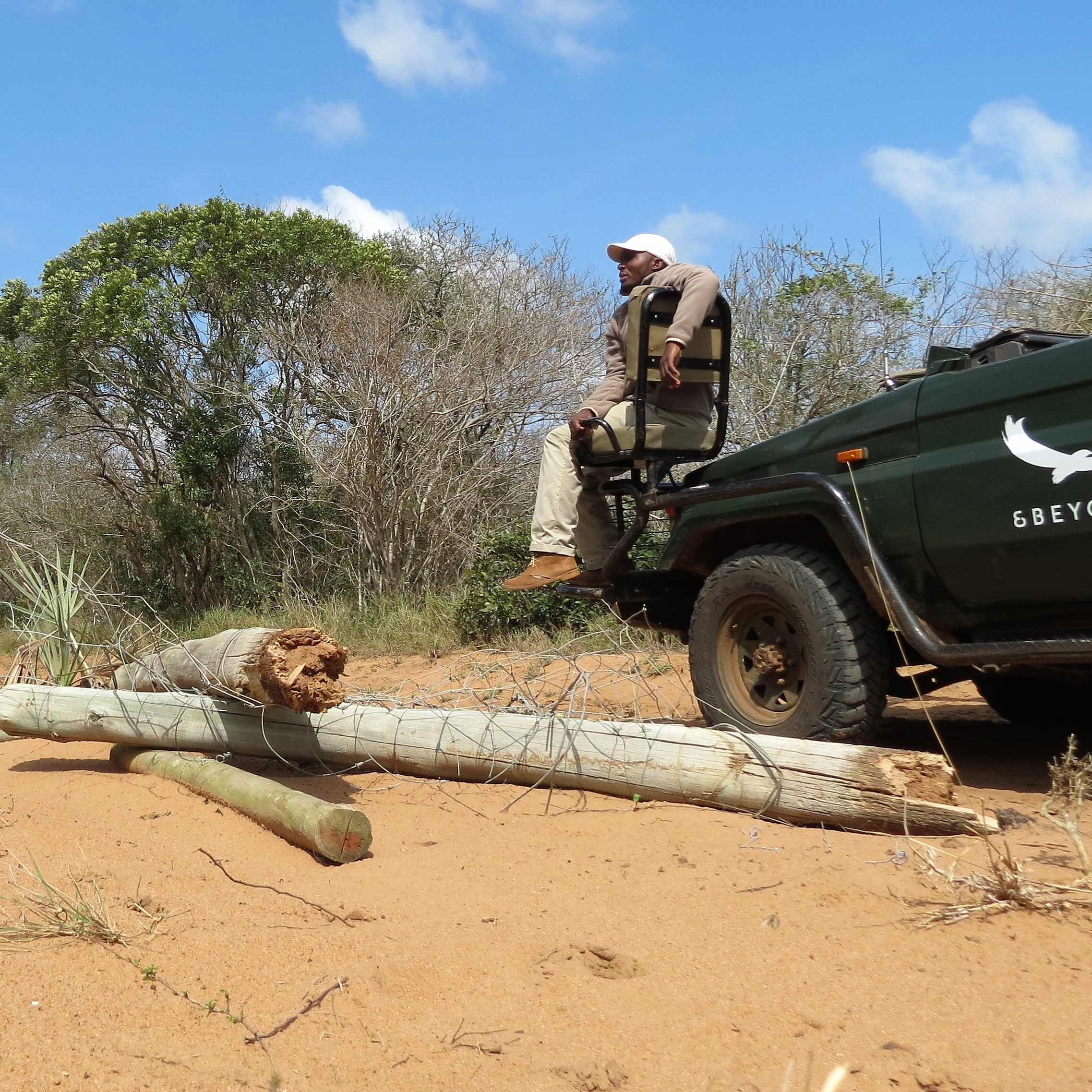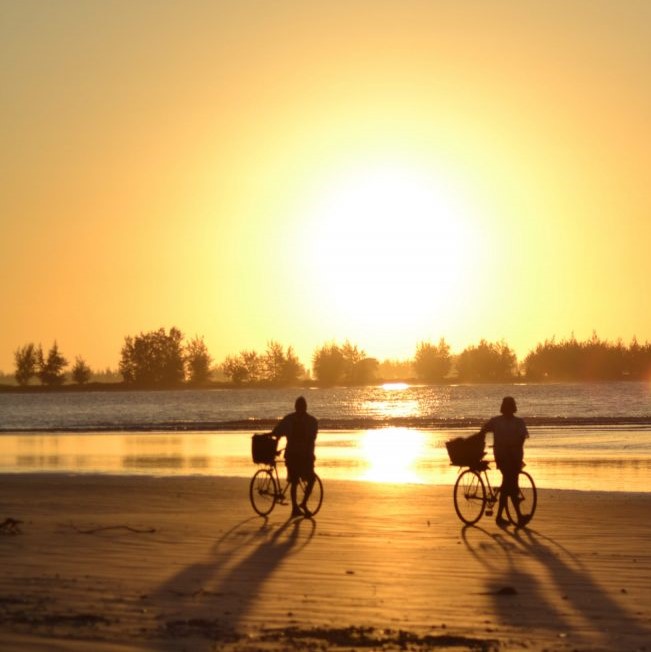I woke to the sound of bird calls and rustling of leaves. For a moment I wondered where I was, the bed so comfortable and the duvet so comforting – it was mid-winter and there was a slight chill in the air. The incessant call of a white-browed robin-chat finally roused me from my slumber. Another day of sunshine and endless beaches in Ponta Malongane awaited.


Opening the door of our tent I stepped out onto the raised wooden platform (so no camping creepy crawlies to worry about) to dappled light punctuated by the early morning sun peeking through the leafy canopy of indigenous coastal forest. Ah, the tranquility! Tartaruga Maritima, meaning sea-turtle in Portuguese, is located along the coastline in a private forested estate in the little village of Ponta Malongane in southern Mozambique. It’s a relatively easy 13km drive from the Kosi border post, with the first portion being tarred and then the rest being a ‘4×4 only’ soft sandy road. And, thanks to the new bridge, easily accessible from Maputo.
With the new tar road to Ponta do Oura complete this popular beach spot will be even busier and more crowded than before, so those looking for a tranquil getaway Ponta Malongane is recommended, with Tartaruga Maritima being the obvious choice. This self-catering luxury tented camp offers the discerning nature lover the perfect escape from the hustle and bustle that comes with life. Each of the eight suites are named after turtles… which is kind of expected as Tartaruga maritima is the Portuguese name for a Loggerhead turtle. And each comes with an en-suite bathroom, comfy beds with mosquito netting, a fan to keep things cool and tea and coffee making facilities – easily accessible plug points keep the camera and cell phones charged.
And just as well as the village of Ponta Malongane is a photographer’s dream.


Following a path through the forest we exit the Kangela Estate gates and are immediately transported into a world of craft and commerce. There are many local crafters making and selling their wares. I meet Chemi, a local craftsman working beneath a tree, he tells me that it takes two days to carve the intricate details of a fish into a piece of soft wood… some are sold at his ‘shop front’ opposite while others are sold to other vendors for resale. I admire an almost life-size sculpture of a miner, complete with headlamp, ax and two-way radio and wonder about the effort required to carve it.


There are curio stalls stocked with carvings, some local, others brought in from neighbouring African countries – everything from local fish and African wildlife to bowls, salad servers and other trinkets. Wafting in the breeze are colourful capulanas (sarongs), t-shirts and dresses. Young men carry poles decorated with braided bangles – with an exchange of meticais (or in this case South African rand) a couple of these locally made bangles adorned my arm. A small amount for me, but a huge amount for a local family. A colourful patchwork hat catches my eye – bright and cheerful, just like the wonderful people of the village. As did a young man selling wooden heart shaped key-rings – one now sporting my name and home to my car keys.


I appreciate the fun and funky street art, some of a commercial nature, others entertaining. Colourful new buildings and ramshackle shacks vie for space with traditionally built structures made from mud and wood or local reeds. Some had kiosks selling everything from tomatoes and cabbages to tinned food and toiletries. Most of the fresh produce is grown in vegetable gardens planted in the fertile ground alongside the lake. I watch a young woman watering her vegetables with a make-shift watering can – an old paint tin with holes punched in the bottom and refilled from a large bucket.


We popped into the Ibiza for sundowners, followed by dinner. Succulent seafood, or crispy Portuguese chicken. So many choices… then there’s Dois M or R&R. For the uninitiated, Dois M is a local Mozambique beer, which for decades was produced by Mac Mahon Brewery (2M) until it was acquired by SAB in 1995. The R&R is a drink of local rum and raspberry Sparletta – a firm favourite with visitors to southern Mozambique.


Alternatively, stock up on basic groceries at Supermarkado, the supermarket owned by Carlos a local entrepreneur who also owns the snack bar opposite. Head back to the well kitted kitchen at Tartaruga where you’ll find everything you need to cook up a storm, and a dining and lounge area with expansive views – a great place to enjoy a chilled Dois M or relax and read a book. There’s even a Weber braai near the pool if you choose to dine outdoors. There is a small pool that’s flows into a 3m diving pool – ideal for those needing to refresh their diving skills before heading out into the big blue.



We were up with the birds the following morning for a brisk walk. Armed with cameras and a basket we head into the village to see our ‘daily bread’ being made. We visit Mr. Mashelelo’s bakery, a small dark room behind the street kiosk, where three young men had started mixing dough at midnight. The lumps of dough are shaped and formed, then allowed to rest… placed on a wooden plank and then into the wood-fired oven. A short while later the baked bread is scooped out, allowed to cool off and then packed into crates ready to be sold. And this happens daily, throughout the year!


By the time we got there, a little after sunrise, they had baked no less than 600 pão (Portuguese bread rolls) with their pão to be sold in the village market, or at their kiosk in front of the bakery attended to by the lovely Phindili, Mr. Mashelelo’s daughter.

Nothing beats the deliciousness of freshly baked bread and our basket full was lucky to make it back unscathed. The Camp Manager Moses welcomed us back with a smile, the tables were set and all we had to do was cut up the fruit, lay out the cheese and tuck into deliciousness while enjoying the expansive views over the Indian Ocean.


The local Samango monkeys are also partial to the deliciousness that gets created by guests at Tartaruga and there are signs aplenty to remind one not to leave your grocery cupboard open or food unattended. Their cute antics certainly made up for the nuisance factor though.
With the warm waters of the Mozambique current flowing southwards to within 10kms of the coastline, the sea temperatures are generally warm going up to about 28°C in the summer months and down to 21°C in the winter months. It’s only the arrival of a winter cold front that can put off a dip into the ocean. But the long and uninterrupted stretches of sandy beaches, the high primary sand dunes and lush coastal forests make outdoor activities a breeze no matter the weather.

The inland flood plains and numerous lakes and marshlands in the surrounding area make this an ideal playground for biking, hiking and 4X4 enthusiasts – just remember to keep to existing trails so as not to disturb sensitive flora and possible bird nesting sites. Another option is a day visit to the spectacular Maputo Special Reserve.
These warm waters provide an ideal ecosystem for a diversity of marine life from beautiful and pristine hard and soft coral reefs to a bewildering variety of game and reef fish, turtles, dolphins, whales, sharks and rays. Unlike the coral reefs in South Africa, most of these reefs have remained untouched for nearly two decades during the civil war, providing ideal diving opportunities for scuba divers and snorkelers alike.
In keeping with its name, Tartaruga is the ideal spot for turtle spotting with the beaches of southern Mozambique and northern KwaZulu-Natal being nesting sited for the large leatherback turtle and the smaller loggerhead turtle. Nesting occurs during the summer months, generally from late November to early January and hatching from late December to early March depending on weather conditions. As we visited during the winter months, the closest we got to a ‘loggerhead’ was the name of our suite and our ‘hatchlings’ just happened to be the two-unit family suite at the end of a wooden walkway.


Shopping local is a key factor when considering responsible tourism, and Ponta Malongane offers many opportunities to support the local economy. From purchasing locally made crafts and curios, to dining at local restaurants – some locally owned other not, but all employing people from the local Ponta Malongane community. Our last evening is spent at Alex’s ‘2P’ Pizza Place where we dine on ‘genuine Italian pizza’ while local musician Rinaldo entertains with the classics, from Bob Marley to Simon Garfunkel… some in English others in Portuguese. His guitar and voice charming the crowd.



I leave Ponta Malongane with a warm and fuzzy feeling – not from the Dois M (I promise) but rather from that feeling you get when a place has warmed your heart and her people have touched your soul.



